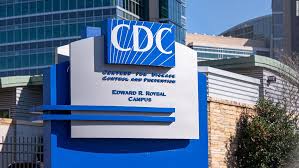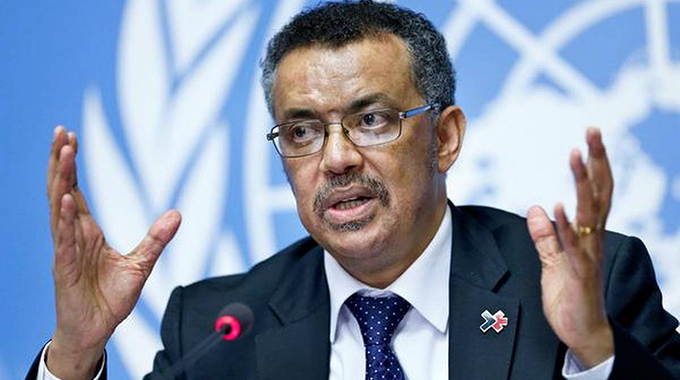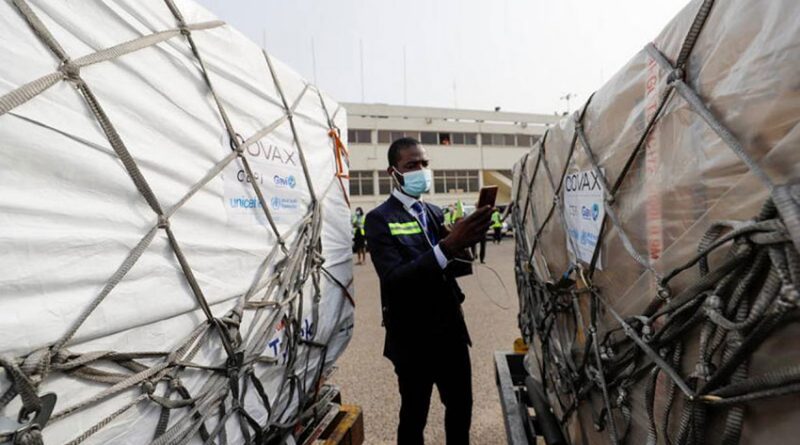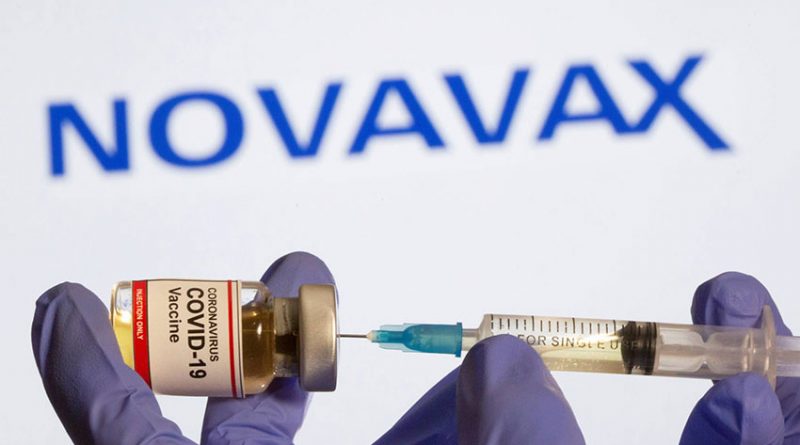Sign up here to get The Results Are In with Dr. Sanjay Gupta every Tuesday from the CNN Health team.
(CNN)New guidelines from the US Centers for Disease Control and Prevention say people fully vaccinated against Covid-19 can safely visit with other vaccinated people and small groups of unvaccinated people in some circumstances, but there are still important safety precautions needed.
The CDC defines people who are fully vaccinated as those who are two weeks past their second dose of the Moderna and Pfizer Covid-19 vaccines or two weeks past a single dose of the Johnson & Johnson vaccine. There is growing evidence that people who are vaccinated don't spread Covid-19, but scientists are still trying to understand how long vaccine protection lasts.
- Visit other vaccinated people indoors without masks or physical distancing
- Visit indoors with unvaccinated people from a single household without masks or physical distancing, if the unvaccinated people are at low risk for severe disease.
- Skip quarantine and testing if exposed to someone who has Covid-19 but are asymptomatic, but should monitor for symptoms for 14 days
- Wear a mask and keep good physical distance around the unvaccinated who are at increased risk for severe Covid-19, or if the unvaccinated person has a household member who is at higher risk
- Wear masks and physically distance when visiting unvaccinated people who are from multiple households.
No change to CDC travel guidance
THE arrival of COVID-19 vaccines should not tempt countries to relax efforts to fight the coronavirus pandemic, top World Health Organization officials have warned, citing particular concern about the situation in Brazil.
“We think we’re through this. We’re not,” Mike Ryan, WHO’s top emergency expert, told an online briefing. “Countries are going to lurch into third and fourth surges if we’re not careful.”
Source – Thomson Reuters Foundation
COUNTRIES seeking their own vaccine doses are making deals with drug companies that threaten the supply for the global COVAX programme for poor and middle-income countries, the World Health Organization has warned.
“Now countries are still pursuing deals that will compromise the COVAX supply,” WHO senior adviser Bruce Aylward told a briefing. “Without a doubt.”
The World Health Organization has long called upon rich countries to ensure that vaccines are shared equitably. It is one of the leaders of COVAX, a programme to supply hundreds of millions of vaccine doses to poor and middle-income countries. But so far, COVAX has had a slow rollout.
“We can’t beat COVID without vaccine equity. Our world will not recover fast enough without vaccine equity, this is clear,” WHO Director-General Tedros Adhanom Ghebreyesus said.
“We have made great progress. But that progress is fragile. We need to accelerate the supply and distribution of COVID-19 vaccines, and we cannot do that if some countries continue to approach manufacturers who are producing vaccines that COVAX is counting on.”
“These actions undermine COVAX and deprive health workers and vulnerable people around the world of life-saving vaccines.”
He also called for countries to waive intellectual property rules, to allow other countries to make vaccines more quickly.
“If not now, when?
Source - The African Mirror
INDIA has made its first shipment of a locally made COVID-19 shot to the WHO-backed equitable vaccine distribution network COVAX, the government said.
“Fulfilling our commitment to help the world with COVID-19 vaccines, supplies of Made-in-India vaccine commence today for Africa under COVAX facility,” Anurag Srivastava, spokesman for the Ministry of External Affairs, said on Twitter.
The World Health Organization this month paved the way for the Oxford University/AstraZeneca vaccine’s global roll-out by approving emergency use of the product produced by the Serum Institute of India (SII), the world’s biggest vaccine maker, and SK Bioscience of South Korea.
SII will also soon start producing the Novavax vaccine mainly for poor and middle-income countries.
India, the world’s biggest maker of vaccines, has shipped over 17 million vaccine doses to more than two dozen countries – including around 6 million as gifts to partners such as Bangladesh and Nepal. For its own campaign, New Delhi has so far only ordered 31 million doses.







